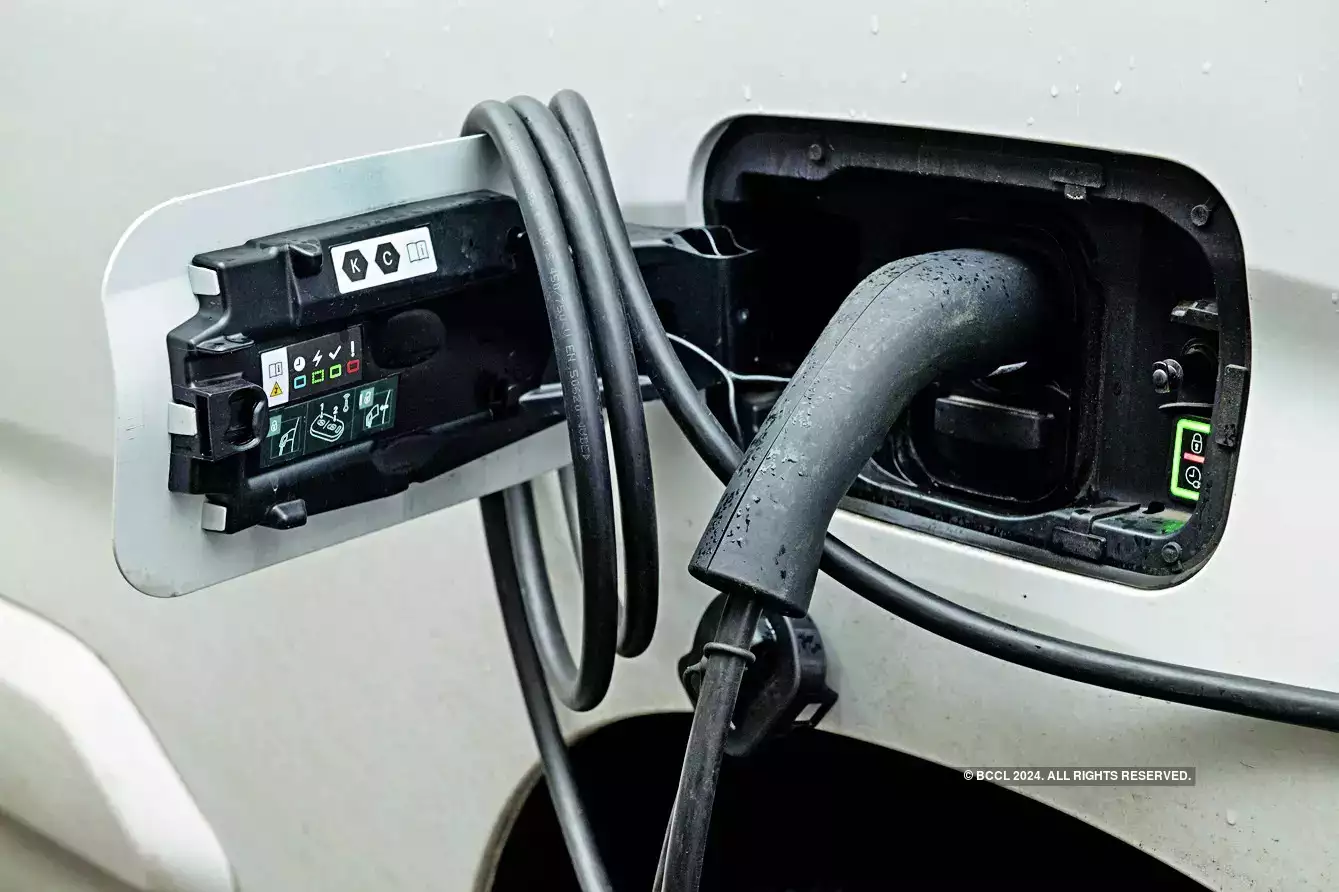
The contrast with a decade ago is stark.
Then a burst of phone calls over a weekend in July 2013 between China, then German Chancellor Angela Merkel and Jose Manuel Barroso, European Commission president at the time, killed a proposal to put EU tariffs on solar panels. Instead a deal on minimum prices was reached.
After 16 years of Merkel, when Germany industry boomed and the chancellor held the European Union together, a fractious three-party coalition oversees an economy set for a second year of contraction and prioritises domestic over EU politics ahead of a potentially punishing 2025 federal election.
In Brussels, there was exasperation from diplomats over infighting in Germany's three-party coalition, which they say is undermining the influence of Europe's largest economy and EU unity. Brussels has pledged to continue exploring a compromise over EVs with Beijing, but Germany's rejection has weakened its hand.
"This split between Germany and the rest (of the EU) compromises one important part of the Commission's initiative: demonstrating a united front against foreign pressure on individual countries," analysts at Eurointelligence wrote.
Highlighting the internal German split, a high-ranking source at Germany's foreign ministry, led by the Green party, said the EU should prevent Beijing from using unfair, market-damaging methods and not take tariffs off the table.
The Federation of German Industries (BDI) took a nuanced stand, saying that talks should continue but that it generally supported trade protection if conditions were met.
"Close economic relations with China's party-state-controlled hybrid economy are associated with economic and geopolitical risks," it said.
OUT OF STEP
This is not the first time a divided Germany has fallen out of step with EU peers in recent months. In March, the bloc backed a law requiring companies to audit their supply chains despite strong vocal opposition from Germany's pro-business Free Democrats and a German abstention.
German government opposition to Italian bank UniCredit's bid for a tie-up with Commerzbank has led to frustration among policymakers at the European Central Bank, which will have the final say. They have pointed to Germany's stated support for creating an EU banking union, which likely requires cross-border banking mergers to be effective.
One place where Scholz has found an ally is with often-isolated Hungary, whose Prime Minister Viktor Orban described EU tariffs on Chinese EVs as a "huge blow" for the European economy and German auto sector.
"Germany and European industry can no longer convince the Commission to be reasonable. But then, who can?" he wrote on X.
But Orban is more a master of blocking rather than steering EU policy and certainly not the sort of champion of EU unity that Berlin used to be.
Zach Meyers, assistant director of the Centre for European Reform, said the tariff dispute illustrated Germany no longer led EU trade policy and that the influence of France too was more limited after Commission President Ursula von der Leyen removed French commissioner Thierry Breton and gave a less influential role to his successor. While seeking to be closer to the United States and de-risk from China, the EV case suggested that, without firm Franco-German guidance, she could only proceed sector-by-sector and follow international trade rules to ensure EU support.
Noah Barkin, senior advisor at Rhodium Group, said that despite its victory on tariffs the European Commission would find it hard to adopt a coherent, more sceptical policy towards China without Berlin's backing.
"So long as narrow, short-term priorities take precedence in Berlin, it will be a struggle for the Commission to press ahead with its new foreign economic policy agenda," he said.
Disclaimer: The copyright of this article belongs to the original author. Reposting this article is solely for the purpose of information dissemination and does not constitute any investment advice. If there is any infringement, please contact us immediately. We will make corrections or deletions as necessary. Thank you.





